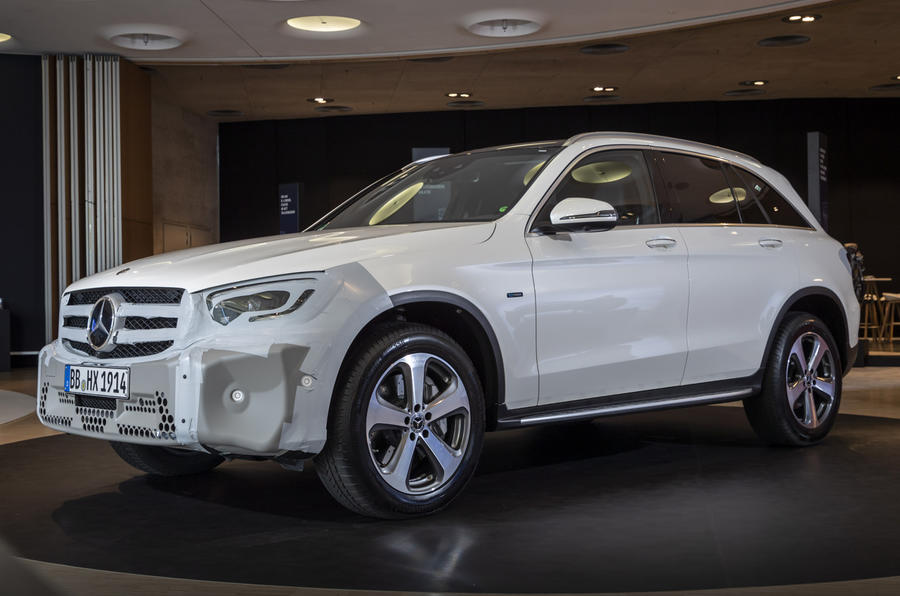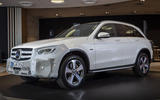Mercedes-Benz says 2019 will be its ‘year of the plug-in hybrid’, with plans to hugely expand its EQ Power-branded range as part of a massive £9 billion electrification strategy.
The German firm has already launched plug-in versions of the C-Class, Mercedes-Benz E-Class and Mercedes-Benz S-Class, which feature a hybrid system with a 121bhp electric motor capable of around 31 miles of electric-only running. The hybrid system is offered with both petrol and, on the C-Class and E-Class, diesel engines.
Mercedes will expand its PHEV range to 10 model variants by the end of this year – and more than 20 by the end of 2020. The next-generation S-Class, due in 2020, will be powered by a range of plug-in hybrid engines, alongside a fully electric version.
The Mercedes-Benz GLC and GLE are both confirmed to receive the powertrain during 2019, and the firm also says it will launch its first compact plug-in hybrid model. As revealed by Autocar last year, that will be an A-Class PHEV designed as an Audi A3 E-tron rival, featuring a version of its petrol-electric powertrain developed for compact cars. Set to use a 1.3-litre four-cylinder petrol engine with a 90bhp electric motor, it will also be offered on the Mercedes-Benz B-Class and forthcoming GLB small SUV.
The focus on plug-in hybrids for 2019 is part of the firm’s plans to electrify its entire model range by 2022, with the goal to launch more than 130 electrified vehicles in order to reduce emissions levels to meet increasingly tough CO2 targets. The strategy involves three strands: EQ Power plug-in hybrids, EQ Boost 48V mild hybrids and the EQ range of pure electric vehicles.
Mercedes-Benz chiefs believe that, as well as offering reduced CO2 emissions compared with pure combustion-engined cars, plug-in hybrids can help showcase the benefits of fully electric powertrains to customers. That is because PHEVs can be used for short journeys using electric-only power.
Claus Ehlers, the firm’s powertrain strategy boss, said plug-in hybrids were “an important step in the move towards e-mobility, because they enable the majority of customers to do many daily short drives without producing any local emissions”.
Mercedes-Benz experts forecast that EVs and PHEVs combined (referred to as xEVs by the firm) will account for around 40% of its total sales by 2025. Depending on the speed of adoption, it expects fully electric vehicles to account for between 15% and 25% of total sales by then.
Ehlers said the uncertainty over the speed of EV uptake among customers means that combustion-engined cars will still “play a major role” in the future, which is why Mercedes-Benz is also pushing 48V mild-hybrid and plug-in hybrid systems.












Join the debate
Add your comment
Renault Triber to Launch in India
Renault Triber to Launch in India . Read full details here.
click here
Buy Sony Xperia Xa1 Jelly Case - See Through online at Daraz Pakistan with ✓ Ease & Speed sony xperia xa1 case
Assignment help
I think my search of knowledge stops here. Your blog inspires me a lot. Your article helps me a lot while my academic session. Such a brilliant article! Thanks for it.<a href="allassignmenthelp.com/">Assignment help</a>